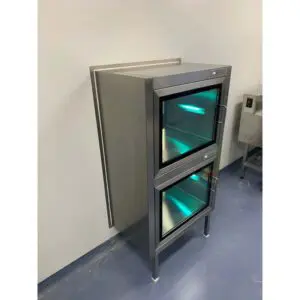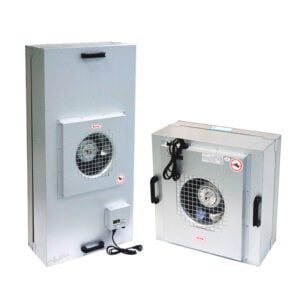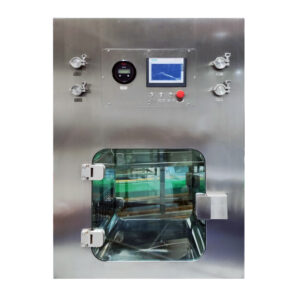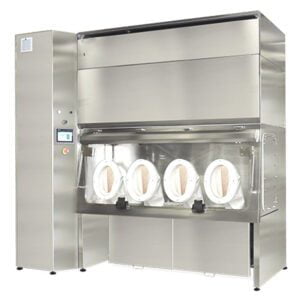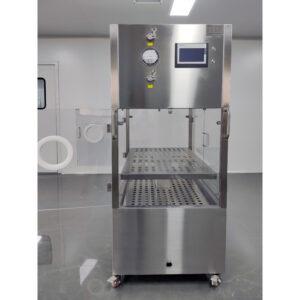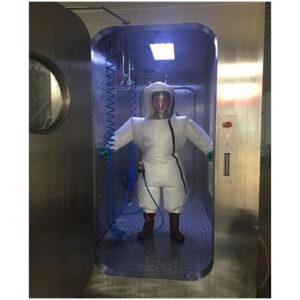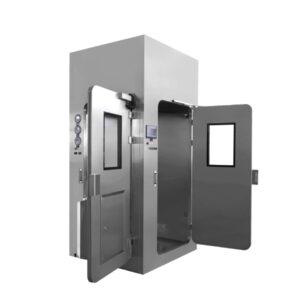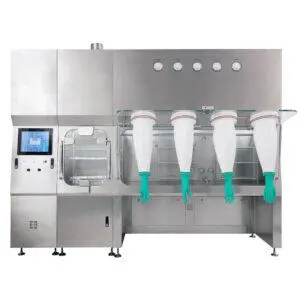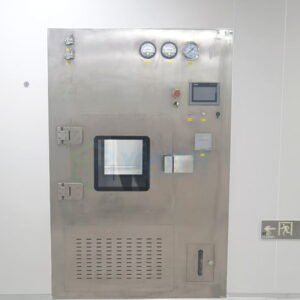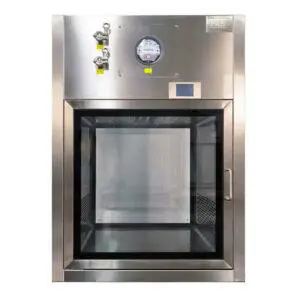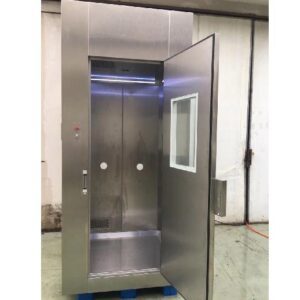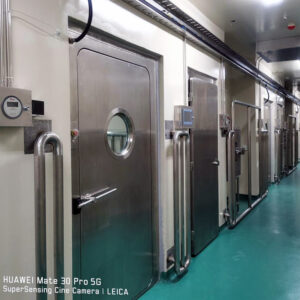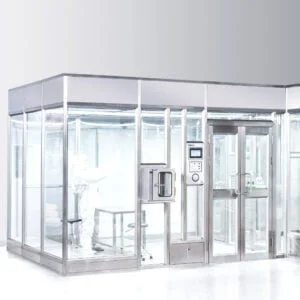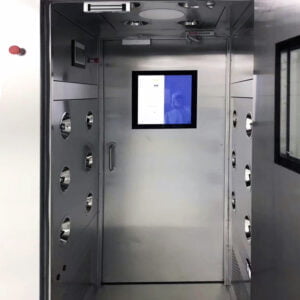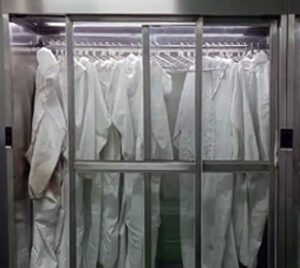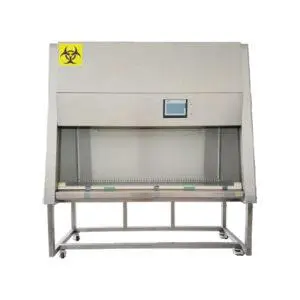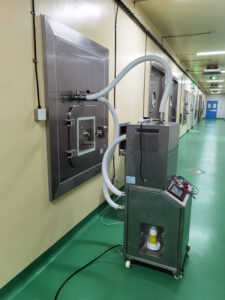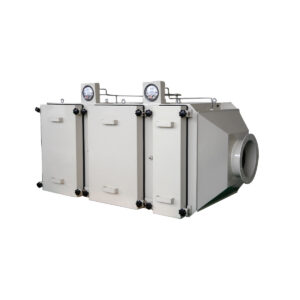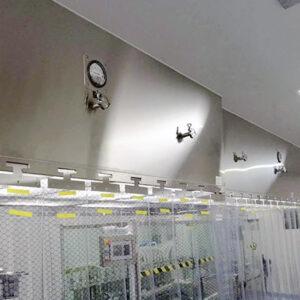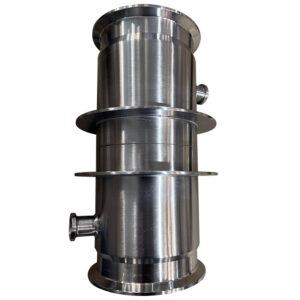In the world of critical environment air filtration, Bag-In-Bag-Out (BIBO) systems have emerged as a key player, but with their increasing popularity come numerous questions. This article aims to address frequently asked questions about BIBO filtration systems, providing clarity on their design, operation, and benefits.
What is a BIBO System?
A BIBO system is an advanced air filtration methodology that allows for the safe replacement of hazardous material filters. Encased within a sealed bag, the filter is protected from outside contamination and vice versa, ensuring a secure change-out process.
How Does it Work?
BIBO systems work by encasing the filter in a specially designed bag before removal from the housing, thus trapping contaminants. This prevents workers and the environment from exposure to harmful substances during filter exchange.
What Are the Key Benefits of Using BIBO Systems?
The primary benefits of BIBO systems include enhanced safety for operators, reduced risk of environmental contamination, compliance with regulatory standards, and minimal downtime in operations.
Where Are BIBO Systems Commonly Used?
BIBO systems are vital in industries where air purity is crucial, such as pharmaceuticals, biotechnology, healthcare, nuclear energy, and any facilities dealing with toxic or hazardous particulates.
Are BIBO Systems Environmentally Friendly?
Yes. BIBO systems contribute to environmental protection by ensuring filters containing hazardous materials are securely contained, reducing the potential for environmental pollution.
Can BIBO Systems Be Customized for Specific Needs?
Absolutely. BIBO systems can be tailored to a variety of housing sizes, filter types, and specific operational requirements, providing adaptable solutions for diverse industry needs.
What Maintenance is Required for BIBO Systems?
Maintenance of BIBO systems typically involves regular inspections, integrity tests for the housing and seals, and following a set schedule for filter replacement based on usage and environmental factors.
Are BIBO Systems Cost-Effective?
While the initial investment may be higher than traditional filtration systems, the long-term savings in safety, compliance, and reduced downtime often result in a BIBO system being a cost-effective choice.
How Do BIBO Systems Impact Air Flow in Facilities?
BIBO systems are designed to maintain optimal airflow and pressure while ensuring that filtration is uncompromised. Proper design takes the specific airflow requirements of each facility into account.
Can BIBO Systems Support HEPA and ULPA Filters?
Indeed, BIBO systems are compatible with both High-Efficiency Particulate Air (HEPA) and Ultra-Low Particulate Air (ULPA) filters, catering to environments that require the highest standards of air filtration.
Conclusion:
Bag-In-Bag-Out filtration systems provide an innovative and efficient solution to air filtration challenges in environments where contamination control is paramount. This FAQ guide serves to illuminate the critical aspects of BIBO systems and their role in safeguarding operational integrity and environmental safety across a plethora of industries.
Related Contents:
- Bag-In/Bag-Out (BIBO) Systems: Operation and Maintenance Guide
- Understanding YOUTH’s Bag-In-Bag-Out (BIBO) Systems: Ensuring Safety and Clean Air
- The Comprehensive Guide to Bag-in-Bag-Out (BIBO) HEPA Filter Replacement
- The Ultimate Guide to YOUTH’s Bag-In-Bag-Out (BIBO) Systems: Ensuring Safety and Clean Air
- The Ultimate Guide to YOUTH’s Bag-In-Bag-Out (BIBO) HEPA Filter Replacement
- Installation, Operation, and Maintenance of Cleanroom Equipment: A Comprehensive Guide
- The Ultimate Guide to Innovative Bag-In-Bag-Out Technology
- Selection Criteria for Bag-In-Bag-Out Filtration Solutions
- Enhancing Your Facility’s Air Quality with Bag-In-Bag-Out
